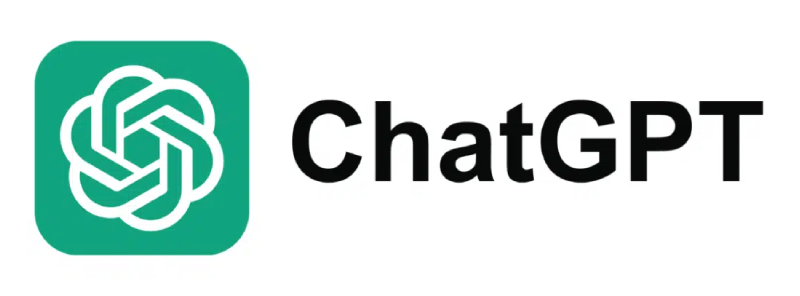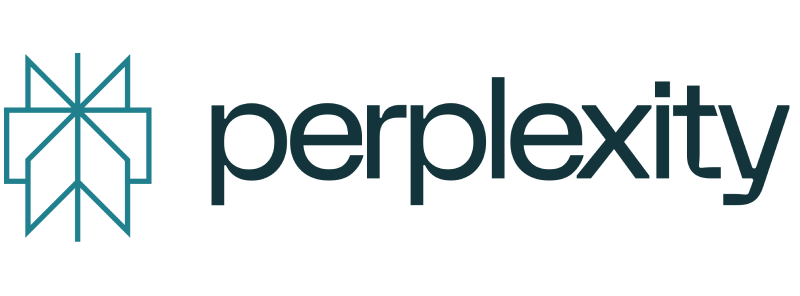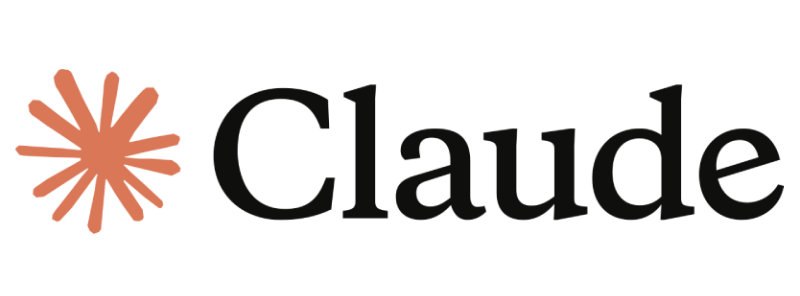Key takeaways
- If you are an employer, a CIIA contract will help you protect your company’s sensitive and confidential information
- If you are an employee, a CIIA will ensure you keep ownership of your prior inventions and side projects
- Compared to an NDA, a CIIA provides comprehensive protection for companies and reduces the risk of lawsuits and disputes
- With Docupilot, you can create comprehensive and legally valid CIIA agreements at scale
CIIA agreements are central to IP protection. Consider how Splunk, an analytics software company, filed a lawsuit against a rival in 2022 – alleging one of its former employees stole proprietary code to launch the rival startup.
Tesla filed a lawsuit against a former employee in 2025, alleging he stole trade secrets and designs, and later used them to launch his own startup.
How do you protect your company from employees who might disclose confidential information and steal your IP? By using CIIA agreements.
This comprehensive guide will cover key aspects of CIIA agreements and explain how you can use Docupilot to automate the creation of legally sound CIAA agreements.
What does CIIA stand for?
A Confidential Information and Inventions Assignment Agreement, or CIIA, is a contract designed to protect a company's confidential information and intellectual property (IP).
As the name implies, the contract has two main components: clauses that cover confidential information and clauses that cover inventions and their assignment.
These clauses inform employees of their obligations, and at the same time ensure that all work produced during employment – inventions, creations, or intellectual property – remains the property of the company rather than the employee.
CIIAs don’t only protect employers: according to state-specific rules, these contracts may contain clauses that allow employees to retain the rights to work they created before joining a company or inventions created on their own time and with their own resources.
Why CIIA agreements matter
Here, you might be thinking: aren’t NDAs enough?
A non-disclosure agreement, or NDA, is a contract designed to prevent parties from sharing confidential information with others.
And therein lies the answer: NDA’s only cover confidential information. They aren’t sufficiently watertight to protect intellectual assets from employees who might not disclose new inventions but claim them as their own or share/sell them to a competitor.
Compared to NDAs, CIIAs offer superior protection:
- They include obligations to disclose any inventions the employee may make
- They automatically assign rights for new inventions to the employer
- They clarify that anything created using company resources or related to company business is company property
- They protect the company if an employee tries to claim IP rights after leaving
- They reduce risk of lawsuits and disputes
Today, the way we work has fundamentally changed, and CIIAs are even more important than before.
With remote and hybrid work being the norm, employees may work from home, cafés, co-working spaces, or halfway around the globe. Companies now have less physical control over where and how work is done.
Developers, designers, and engineers can use the same laptop or software for both work and personal use, and store sensitive information in personal cloud drives. Remote teams often work across national borders and IP laws in different countries can vary significantly.
This means that CIIAs are no longer HR paperwork: they are part of your company’s IP protection, risk management, and long-term business continuity plan.
Benefits of CIIA agreements
There are numerous business benefits of CIIA agreements, including, but not limited to, the following:
1. Clarifies employee obligations
When employees review and agree to sign CIIAs during initial stages of the hiring process, they get clarity right from the outset. Employees are aware of their obligations, especially those regarding sensitive information and those related to inventions or creations. This minimizes the probability of disputes and disagreements later on.
2. Protects confidential business information like secrets, customer data, and IP
Ambiguity is a primary cause of misinterpretations, misunderstandings, and disputes. For this reason, CIIAs clearly define what is considered confidential information and must be safeguarded in black and white.
After signing the contract, employees become legally bound to protect your information while they are employed by you and even after they leave your employment.
3. Secures intellectual property ownership
CIIAs clearly assign legal rights to any employee-created invention, code, designs, or processes to your company, which prevents future disputes about who owns the IP. You control how your IP is used, licensed, sold, or enforced, providing predictable revenue. If needed, you can sell your IP-based products without interrupting business continuity or fear of legal challenges.
4. Strengthens non-compete terms
If you want to further protect your IP, you can add non-compete clauses to your CIIAs. This prevents employees from leaving and joining a competitor, or starting a competing business. We explain this benefit in more detail when we explain the different CIIA clauses.
What does a CIIA agreement include?
A valid CIIA agreement will include:
Confidentiality clause
The confidentiality clause defines what constitutes private information that needs to be protected. It also outlines how an employee or contractor must keep it safe.
Examples of confidential information include trade secrets, IP, software source code, customer data, financial information, and any information that may benefit a competitor.
Importantly, in addition to prohibiting unauthorized disclosure, this clause also restricts use of confidential information for employees’ personal benefit.
Invention assignment clause
This clause defines inventions and assigns them to the company, protecting its ownership, and preventing potential disputes.
Examples of inventions include ideas, formulas, technology, designs, and techniques.
Interestingly, this clause can include exemptions, such as:
- Inventions developed by employees before joining a company so that the employee retains ownership
- Inventions or creations developed by employees on their own time without using company resources
Non-compete and non-solicitation provisions
A non-compete clause restricts employees from working for a competitor or starting a competing business (e.g., a company operating in the same industry or targeting similar customers) after leaving their current job. Enforceability of these clauses can vary from one jurisdiction to another and they are valid for a defined period of time.
Non-solicitation provisions protect companies by preventing employees from approaching a competitor who may want to steal your secrets. It also means that competitors can’t poach talent from your company. Moreover, employees are restricted from engaging with clients, suppliers, or partners for a defined duration after their employment ends.
Consideration clause
Consideration, or exchange of value, is a key component of all legally binding contracts. It ensures that employees signing CIIAs get something in return, such as
- Continued employment
- Stock options for employees joining a startup
- A bonus for an employee signing an updated CIIA mid-employment
- A severance package for an employee signing a CIIA before leaving a company
When and how are CIIA agreements used?
A CIIA agreement is applicable in four scenarios commonly faced by businesses:
At employee hiring or onboarding to get protection from day one
Consider this a best practice: an employee signing a CIIA before they start work knows their obligations and your company gets protection from day one of their employment.
When engaging contractors or consultants who will have access to sensitive data
From time to time, your company may need to engage contractors, freelancers, and agencies who will have access to proprietary information. When the need arises, get them to sign a CIIA before they start working.
Prior to mergers, acquisitions, or funding to fulfill investor requirements
Investors or buyers engaged in due diligence will want to minimize risk by ensuring all employees have signed CIIAs.
During internal promotions or role changes
If an employee moves into a more sensitive role, like R&D or strategy, it makes sense to have them agree to an updated CIIA or even re-executing one if they haven’t signed one previously.
Legal considerations and state-specific rules
Like any other contract, the enforceability of a CIIA will vary with jurisdiction. Your company must tailor these agreements to comply with relevant employment and IP laws. The key factors for legal compliance include:
- Consideration: Agreements that favor only the employer are not valid and consideration must be provided to the employee signing the CIIA
- Reasonable scope: The scope of the agreement must be reasonable, as courts can invalidate overly broad definitions of “confidential information” or “inventions.” The agreement must also be reasonable in terms of time, geography, and subject matter, especially when post-employment obligations are involved
- Rights to non-work-related inventions: Many states in the U.S. allow employees to retain rights to inventions made on their own time without using company resources, unless directly related to the employer’s business
Let’s take California as an example, a state with some of the most restrictive rules governing CIIA. According to the California Labor Code Section 2870, employees retain rights to inventions developed entirely on their own time without using company resources. Overly broad IP clauses may be struck down, and non-compete clauses are generally unenforceable.
So, to ensure validity of your CIIAs, always have them reviewed by a relevant legal professional, especially when hiring across states or countries.
How Docupilot helps you manage CIIA agreements
Docupilot is a platform you can use to create various business documents, such as contracts, invoices, and reports. It automates document creation no matter the volumes you need to process, reducing manual effort and the potential for human error.
You can create custom templates with static information and tokens for dynamic information, connect to data sources for automatic data population, apply advanced conditional logic, use numerical calculations, apply formatting, and generate documents at scale.
Docupilot’s credit-based pricing system is simple and affordable, and for each plan, you get access to the full feature set, including API access and third-party integrations.
To create a CIIA agreement, log in to Docupilot and click on "Create Template".

Click on “Word” to upload an existing template. You can also create a template from scratch or use the AI Document Builder.

Navigate to the folder with the Word file and upload it.

Add a name for the template and a description, then click on “Create Template.”

Once the template loads, you can make necessary changes, sign it, deliver to a client, or store it online.

Streamline and automate CIIA agreements at scale
CIIA agreements are an essential tool for securing the confidentiality of your sensitive information and protecting ownership of your IP.
Docupilot streamlines the creation and management of CIIA agreements by offering customizable, reusable templates tailored for IP protection. Your HR teams can automate the generation of these agreements for new hires or contractors, pre-filling employee data from HR systems or spreadsheets.
With built-in eSignature capabilities and audit trails, Docupilot ensures these agreements are legally signed, timestamped, and securely stored.
It also supports easy collaboration between HR, legal, and management teams during onboarding. This means that your businesses can maintain compliance and safeguard intellectual property from day one – without manual paperwork.
Sign up today and start creating comprehensive CIIAs to protect your IP from day one.

















